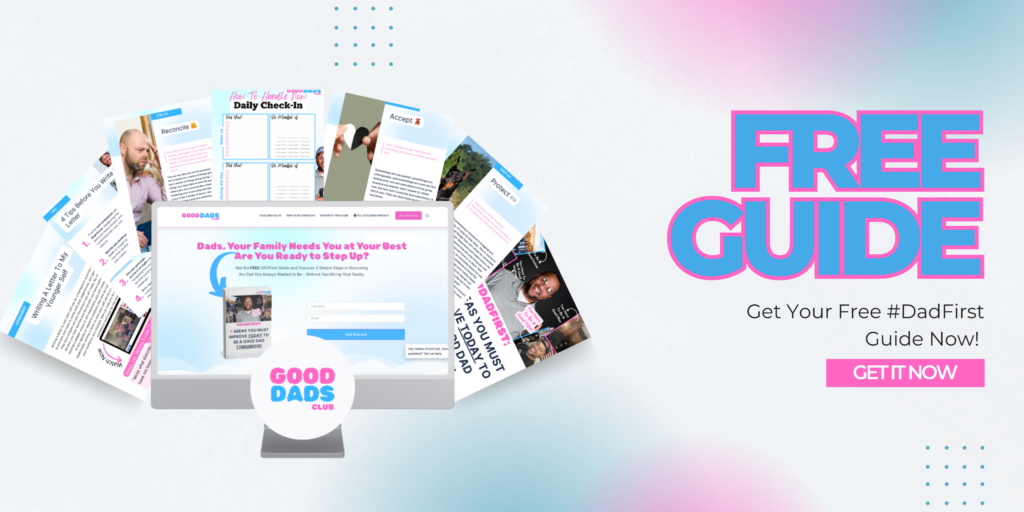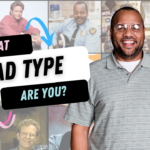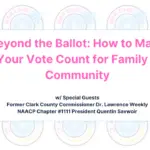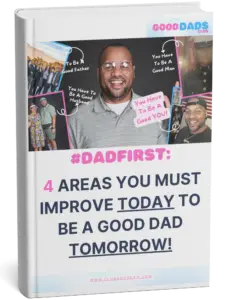👋🏾Hey, Fellow Dads
One of the greatest tools we have as fathers is learning to fully understand our kids when they speak. But it goes beyond just hearing their words; it’s about really connecting with them on a deeper level and making sure they feel safe to open up and express themselves to you. When we can do that, we’re not just listening—we’re giving them the space to work through their own thoughts and emotions. This is called ACTIVE LISTENING And trust me, mastering this skill can save you from years of emotional distance and disconnect with your children.
I learned this lesson the hard way. My daughter, now in college, once told me in the midst of a disagreement, “😡Dad, you never listened to me.” And hearing that from her hit like a punch to the gut; honestly it made me angry. At first, I didn’t understand where it was coming from, I felt I was a great listener always there to fix her problems when they came up. But then she started to open up about how she had carried these feelings for years. She traced it all the way back to when she was in 3rd grade.
Her best friend, our next-door neighbor, was moving away, and she was absolutely heartbroken. This wasn’t just any friend—it was the one she had spent nearly every day with, playing, laughing, and growing up together. For her, this felt like the end of her world. She came to me, tear-streaked face, looking for comfort and reassurance. But instead of recognizing how much she was hurting, I brushed it off. I thought I was helping when I said, “It’s not a big deal, you’ll make new friends!” 😬
What I didn’t realize in that moment was that her 9 year old heart was breaking. She didn’t need a solution or logic; she needed me to feel her pain with her and let her know it was ok to feel it. But I dismissed it, thinking I was toughening her up for life’s challenges. In reality, I completely invalidated her feelings.
Imagine being 9 years old, with your whole world shifting, and the person you trust the most tells you your pain isn’t important. Looking back now, I cringe at how deflating that must have felt for her. Instead of finding safety and support in her dad, she felt unheard—like her emotions didn’t matter.
That moment left a lasting impact, and for years, she chose not to confide in me. It wasn’t until she finally confronted me in high school that I realized just how much not listening had affected her trust in me.
Dads, let me tell you something: learning to listen to our kids with the intent to understand isn’t about swooping in to fix things. It’s about showing them that you genuinely care—about them, their thoughts, and their emotions—even if you don’t fully get what they’re going through.
I’m not saying we need to give in to every request or indulge every little complaint. But when we listen—really listen—we’re building a foundation of trust. We’re creating a space where our kids know they can come to us when they’re feeling down, overwhelmed, or confused.
And isn’t that what we all want? For our children to feel like Dad is the safe place they can always turn to?
Then let’s briefly discuss how you can begin implementing Active Listening Strategies into your fatherhood strategy.

Need An Example? This scene from “Everybody Loves Raymond” where Ray finally listens to his daughter. Is the energy we’re aiming for.
Why Active Listening Matters:
Active listening is a way to earn your spot in the important conversations in your child’s life—the ones you definitely don’t want them navigating alone or turning to their friends for advice on.
Here are some tips to start mastering active listening today:
- Commit to Listening: Focus on hearing what your child says without jumping in with your own solutions or opinions.
- Practice Makes Progress: Stay present, make eye contact, and encourage open-ended questions to deepen the conversation.
- Respond with Empathy: Acknowledge their feelings without rushing to fix or minimize the situation.
- Validate Their Emotions: Even when you disagree, validate their feelings to foster trust and connection.
Active listening shows your kids you’re not just there to discipline, but to support and be emotionally available when necessary. If your kids trust you with their hearts, you’ll be part of their lives in ways that go far beyond the surface.
🍻Cheers to listening more!






